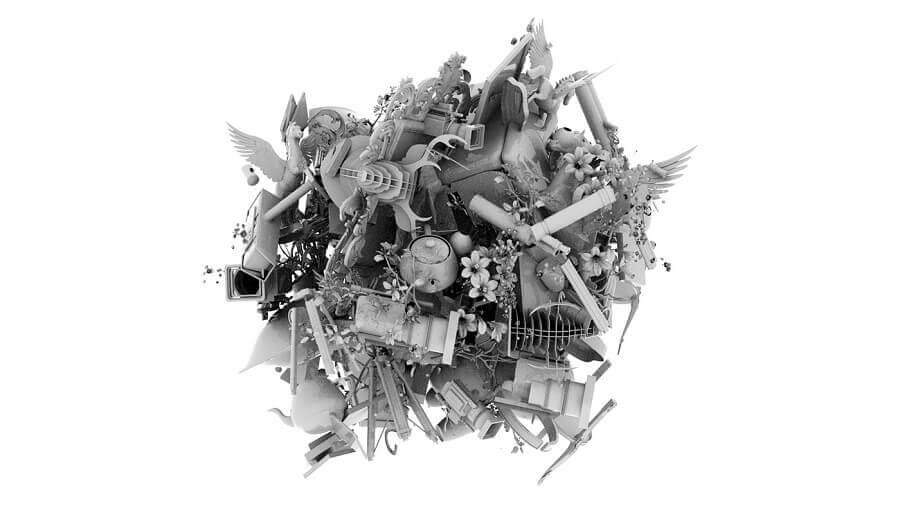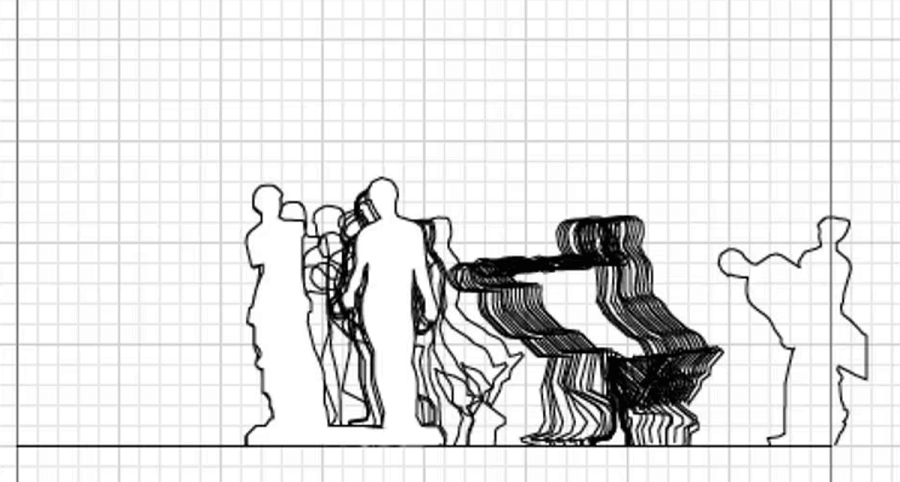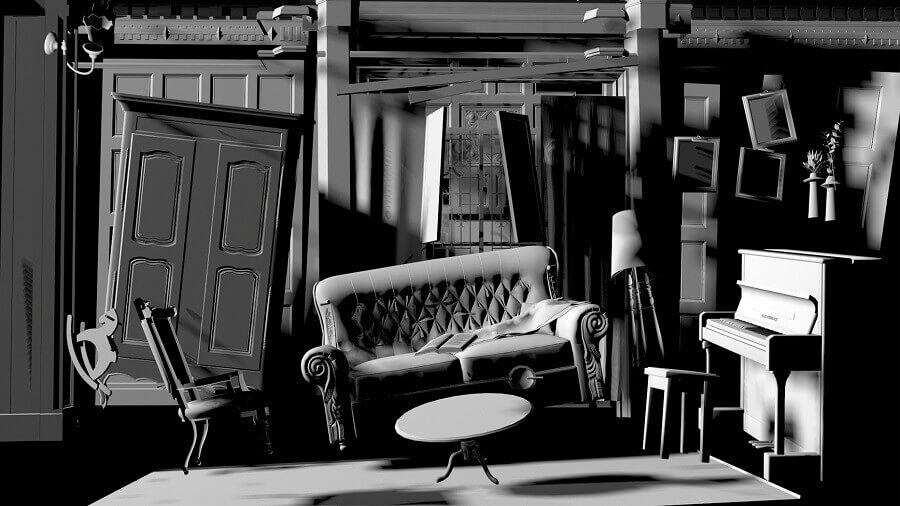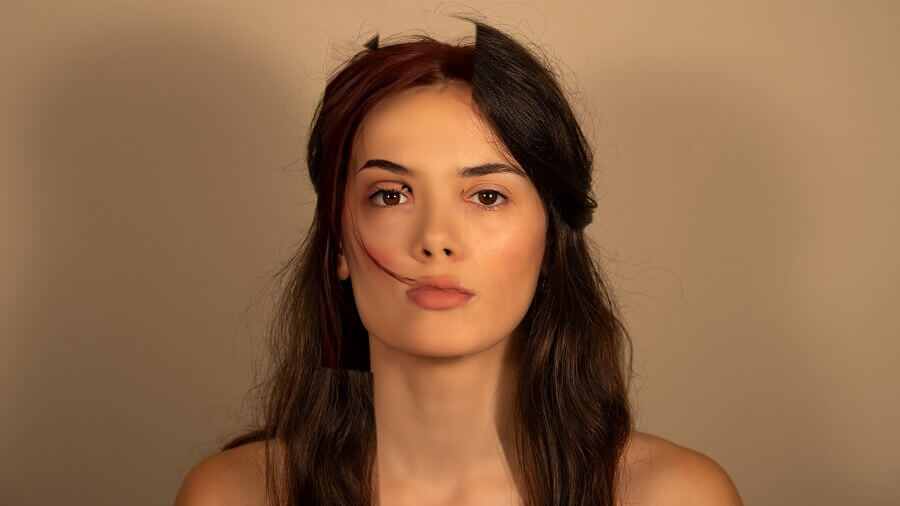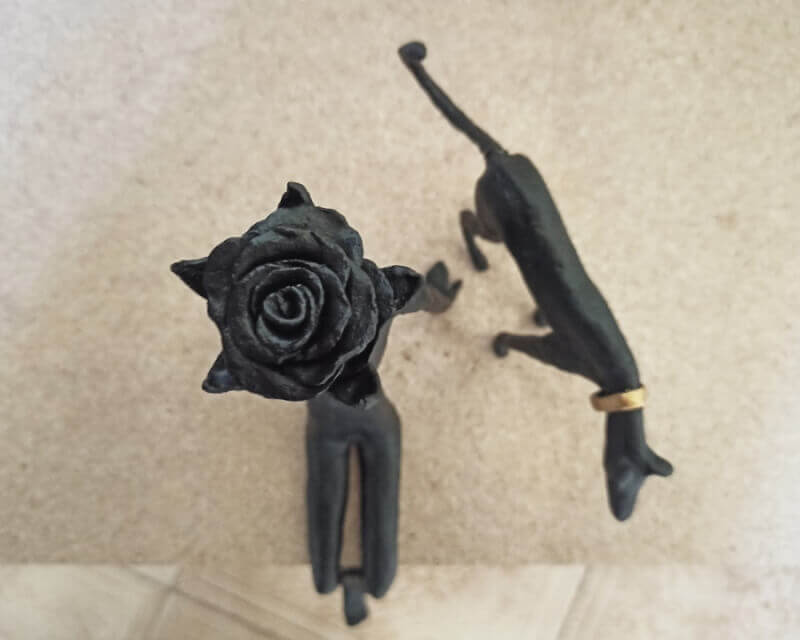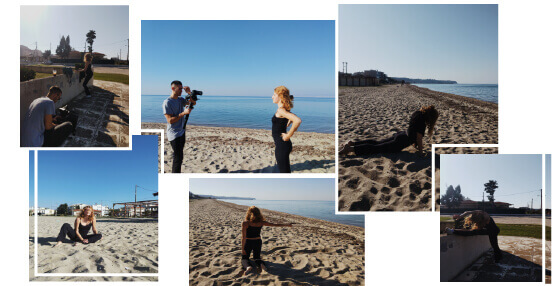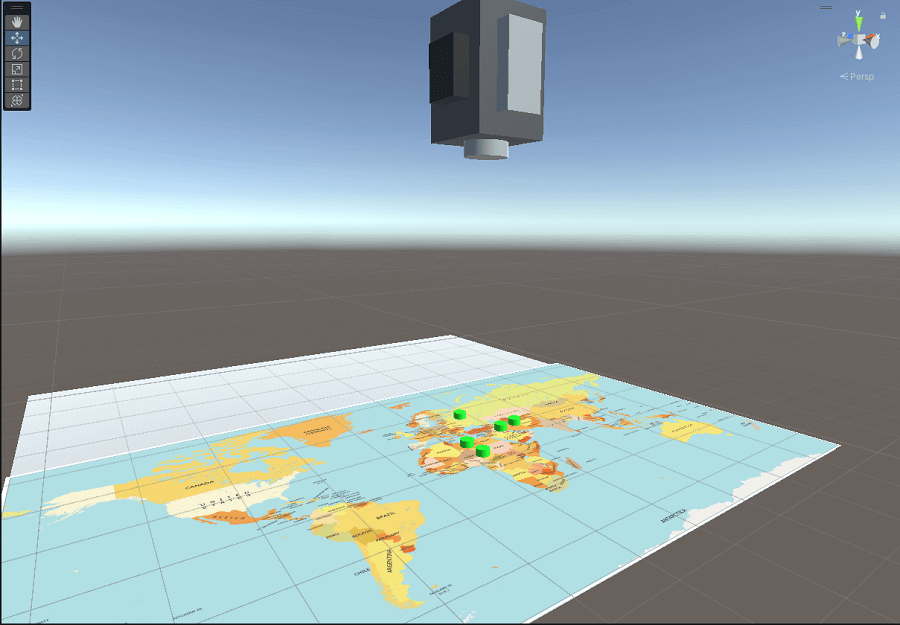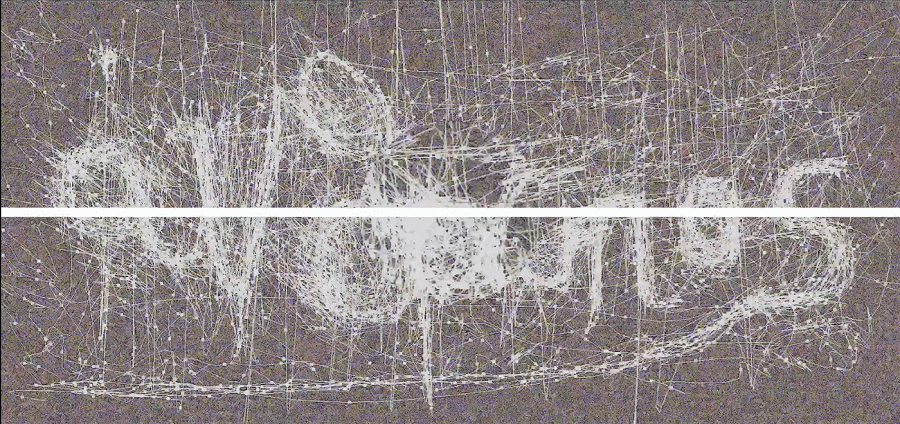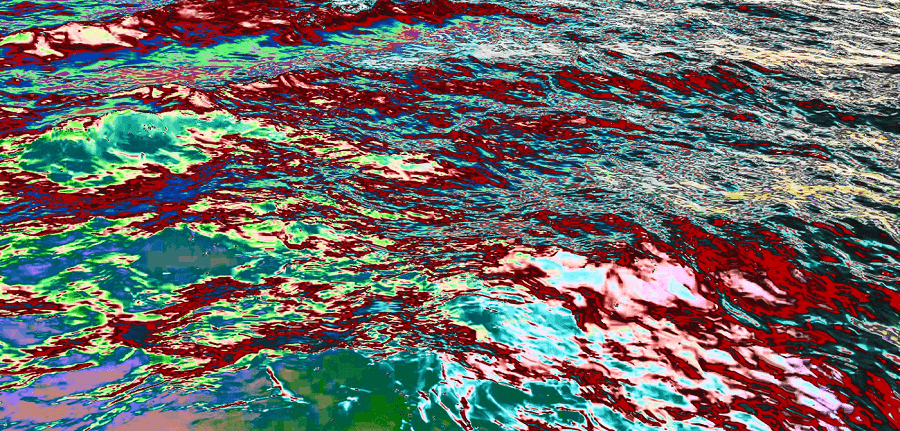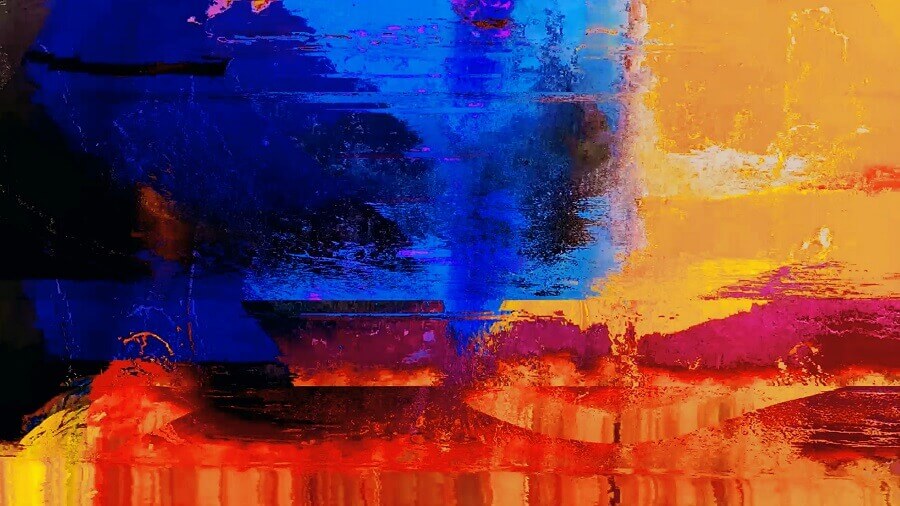At some point it will overflow
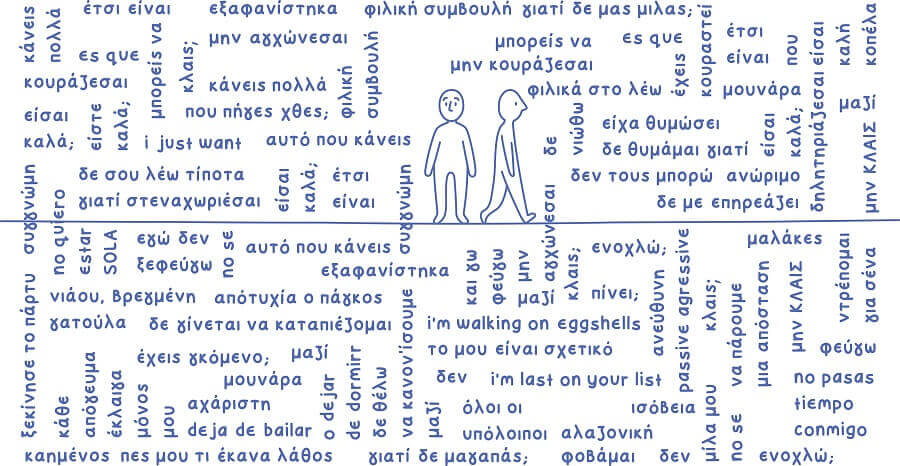
A thought upon all the things we don't listen to, until we can't but listen.
An animation featuring a creature balancing over the words that are haunting her. The more she tries to avoid them the more intense their presence becomes. Documentation as a form of purification.
The creature, as a tool, works to channel and depict emotional states. The words, a suffocating chatter, are absorbed from the surroundings and carved into the thoughts. The more they are ignored, the stronger their presence. The only purification is to express and visualize them, bringing the creature in direct contact with them.
(Joanna Poupaki - Idea, Illustration, Typeface & Animation)
